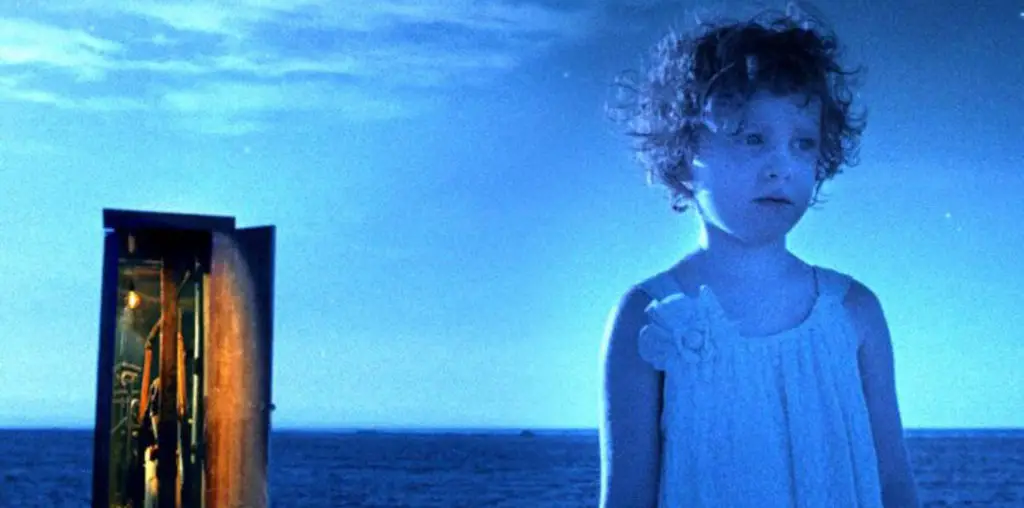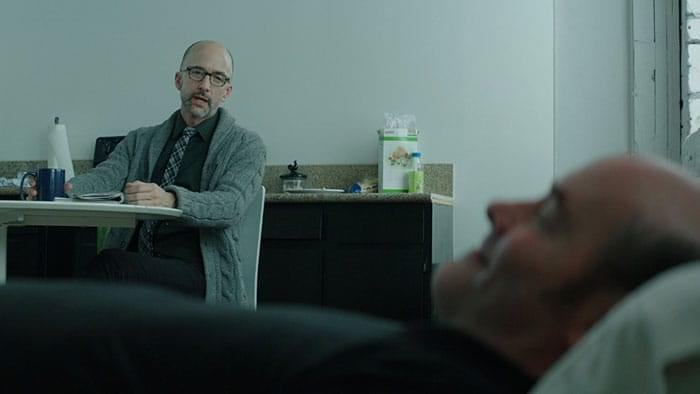
According to Lauren Parsekian’s “Finding Kind,” teen girls aren’t made of sugar, spice, and everything nice. They wield emotional daggers, striking often and with extreme prejudice.
In the case of Phoebe Prince, who committed suicide in 2010 after months of relentless bullying by classmates at a Massachusetts high school, these wounds proved fatal. As one burly onscreen biker suggests, extending his hand in a clawed cat-swipe, teen-aged girls are far scarier than Harley-riding he-men. “On a good day they’re cute,” insists a flabbergasted counselor. “On a bad day, it’s a bloodbath.”
“Finding Kind” is a Good Samaritan freeway flick. The brainchild of one-time bullying victims Parsekian and co-producer Molly Stroud, “Finding Kind” follows their 10,000 mile cross-country crusade to cut down cattiness and solicit sisterhood. Visibly enthused and committed to their cause, both filmmakers spoke with over 30,000 girls in more than 60 cities across the nation about the growing epidemic of girl-against-girl cruelty.
The faces tell a thousand sad stories. One victim refers to that look – a dismissive glare or a taunting smile that screams, Change your face, you loser. With eyes closed and a defeated flatness in her voice, another young lady laments of her lunch-room rejection, “I sit by them, and they leave.” A regretful middle-aged mother and one-time cheerleader reflects on a less popular classmate’s self-inflicted gunshot death. “You lay a scar in that person,” she suggests. “It sticks to them.”
But “Finding Kind” isn’t simply a depressing parade of teen-girl talking heads ushering us through their respective personal hells. There’s healing at hand. By talking with Parsekian and Stroud about the whispers, snickers, and ostracism, these damaged girls are allowed to purge their pain and move on.
Like any good filmic journey, however, the truly transcendent moments aren’t viewed from the freeway. They’re found at surprising, unexpected road stops. “Finding Kind” is, first and foremost, about the quest to squelch teen-aged, female bullying – but there’s plenty of peripheral insight to be had along the way. When several men are interviewed, a collective theory emerges. Males, they suggest, tend to shrug off emotional confrontations and “let it roll.” They’re more transparent than women, who hold onto insults and silently keep score. The stuffing eventually translates to rumors, jealousy, and passive-aggressive pathology.
During a pit stop in Victor, Idaho, the female filmmaking duo stumbles onto a group of Alpha Male motorcyclists. Its macho members pack pistols, firing noisy rounds into the woodsy air. Intimidating? Boisterous? Not really. As the girls soon find out, these gunshots are meant as a memorial to one member’s son, killed in an auto accident fourteen years prior. “We’d pretty much die for each other,” remarks one biker of the group’s iron-clad allegiance to one another. He slaps the mourning father on the back. “Anytime, anywhere.”
When broached with the question of what causes girl-to-girl bullying, another member of this tight-knit biker pack exclaims, “We have brothers, but girls don’t have sisters.” He shakes his head, obviously perplexed by this seeming inability of young girls to just get along.
Author Rosalind Wiseman points out that with the advent of virtual societies, bullying has morphed into a more resilient cyber-strain. It’s easier and more comfortable to spread rumors and insults, Wiseman observes, “when you don’t have to look each other in the eyes.” With advanced technology comes more sophisticated cruelty. Cat-fights caught via smart phones and posted on you-tube. Selling a wallflower classmate on EBay as “the last virgin in Crawford.” Sad stuff.
The film’s most fascinating sequence, however, explores society’s high value on externals. Don designer-brand clothes and stay thin, and you’re somebody. Otherwise, you’re a non-entity – and a target for ridicule. Illustrating this absurd, perverse reality is “Evolution,” a patchwork of jarring images showing a woman’s elaborate make-over, from natural beauty to artificial living doll. It’s Stepfordian. It’s evil.
Ultimately, however, there’s a hopeful freshness to “Finding Kind,” inherent in the perkiness and idealism of its two determined heroines. They’re obviously thrilled to be on the road – but also empathic and thoughtful while listening to each sad story. More than once, Parsekian’s supportive hands join with those of her subjects as they bare their souls with tear-stained faces.
And I’ve got a confession to make. Parsekian and Stroud are awfully good looking, with ample family support (moms are in tow for the cross-country minivan trek). Inside my head, a self-righteous voice balked, “This ain’t ‘Precious.’” These prejudices betrayed one of the film’s insights – that cute girls with stable families endure their own painful shares of jealous contempt and ridicule.
Shame on me. And more power to “Finding Kind,” an inspirational onscreen road trip urging us to put the brakes on our biases and shift sisterhood into high gear.


It doesn’t matter if you’re good looking or not. Speak to many pretty girls and you’ll find they were bullied at school for various reasons – they weren’t wearing the “right” clothes, they were shy, they were new, disabled, jealousy, all sorts of reasons that pretty girls can be the victims of bullying as much as the less “good looking” girls. Not only that but in general pretty women are seen as less intelligent, more self-involved, less giving, less empathetic – it goes both ways and all of it is nonsense. The person matters, the skin doesn’t, and that goes for race OR looks. Unless you’re looking in a mirror all of the time, you forget what you look like. The world doesn’t, and it has definitely got to get over the looks thing. And as always, what’s beautiful to one person isn’t to another. All very subjective.
I had the same thoughts about Parsekian and Stroud’s good looks. And while I’m certain they didn’t experience the same mental anguish as that overweight girl who grew up in the O.C., pain is pain and no little girl should ever have to experience that kind of rejection. I also don’t think their campaign, no matter how successful, will eliminate the problem. But if it prevents even a handful of girls from having a miserable childhood, they’ve done their good deed for a lifetime.